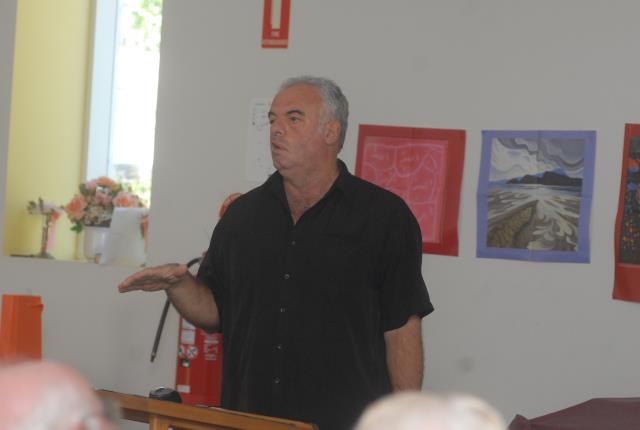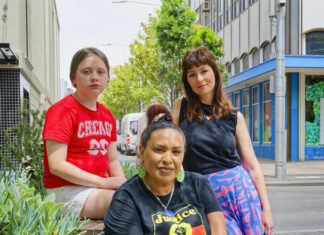The Geelong Museum Association will present an important event at the National Wool Museum, where historian Lambis Englezos AM will discuss his efforts to recover the lost remains of Australian soldiers from Fromelles, France.
The Battle of Fromelles on July 19, 1916 was the bloody first battle for Australian soldiers on the Western Front, a disastrous strategic blunder that resulted in over 5500 Australian casualties.
Almost 2000 of those soldiers were killed in action or died of their wounds, with some 400 captured by German forces in what is believed to be the greatest loss by a single division in a 24-hour period for the whole of World War One.
Mr Englezos met surviving “19th of July men” after a visit to Fromelles in 2002, and after discovering that thousands of soldiers were simply missing since the battle he decided to try to locate their remains and see them put to rest.
“In the one night, there were 5,533 casualties, an 18-hour battle, more than 2,000 killed,” Mr Englezos said.
“Those who got into and beyond the German line and were gathered by them were buried somewhere behind their line, so this was the thrust of our proposition.
“There was active discouragement, but we believed in the proposition and we persisted. Eventually we were invited to Canberra to make our case to an expert panel in 2005.”
Mr Englezos said the panel was “a bit incredulous” that such a big site would have been missed, but continued research and public awareness kept momentum for a search going. Eventually, the research team discovered the mass burial site at Pheasant Wood.
“We found the site using aerial photographs and trench maps and eventually, like we said, they did go and investigate,” he said.
“The momentum was such that it was investigated in 2007, confirmed in 2008, recovered in 2009. The research is fluid and ongoing and we might have determined other sites at Fromelles and elsewhere and hopefully they will be investigated.
“I think it’s very important that we find and recover our war dead. They can’t be a logistical or a financial inconvenience.”
The free event will run from 1.30pm-3pm on Sunday, June 25.









